Man United Files Official Complaint Against Premier League
According to The Athletic, Manchester United CEO Omar Berrada has sent a formal letter of complaint to Premier League Chief Executive Richard Masters, voicing “serious concerns” about what he considers an unreasonable and unbalanced fixture calendar.
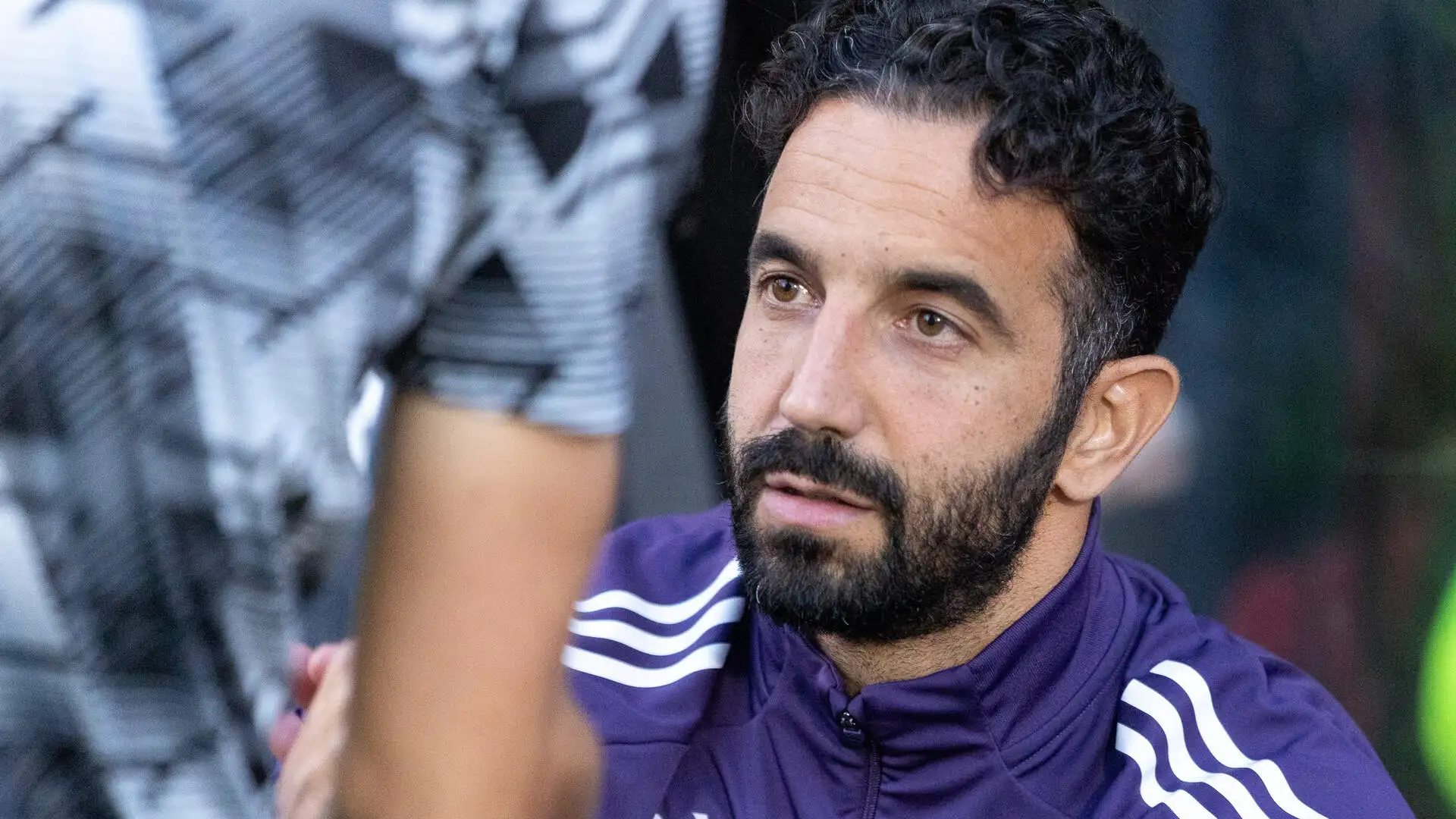
Sources close to the matter confirmed that discussions between both sides have been “constructive,” yet United have not received any official response as of now. The move underscores the growing frustration within the club, which has endured a run of inconvenient late-night or midweek matches — something rarely seen in previous seasons.
Unusual Fixture Timing Puts Man United at a Disadvantage
The most recent broadcasting adjustments have further complicated things for United. Both the home clash against Bournemouth and the away trip to Wolves were moved to Monday nights. Before that, the West Ham fixture had already been set for midweek.
This means that between October 5 and December 25, Manchester United will play only one Saturday home game at Old Trafford — the upcoming Man United vs Brighton encounter in Round 9 of the Premier League. Over the entire pre-Christmas period, United are the only Premier League team scheduled for three consecutive matches outside traditional weekend slots.
The current fixture list has United meeting West Ham on December 4 (Thursday), traveling to Wolves on December 9 (Monday), and hosting Bournemouth on December 15 (Monday). If the Newcastle game at the end of December is moved to Boxing Day (December 26) as expected, United will be forced into four straight late-night fixtures — a draining scenario for players and fans alike.
Fans Frustrated by “Anti-Fan” Kickoff Times
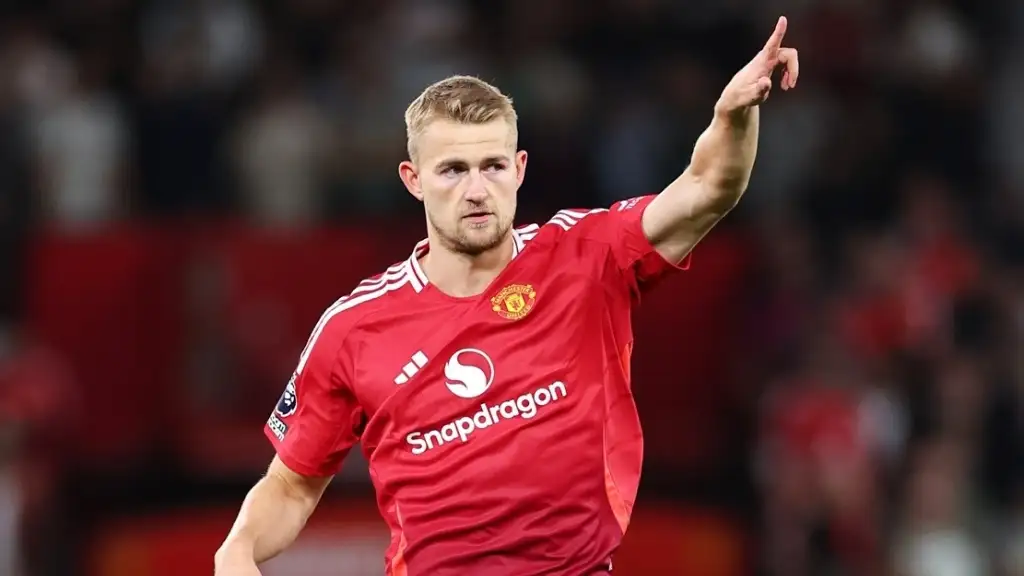
It’s not just the players who are suffering — supporters are, too. Many Man United fans have voiced frustration over inconvenient kickoff times that make traveling to and from matches difficult and costly.
For instance, United’s trip to Tottenham on Saturday, November 8 (a lunchtime kickoff) and their game against Crystal Palace on Sunday, November 30 (12 p.m.) have drawn criticism. Southern England fan clubs have stated that they struggle to return home on the same day due to limited public transport after games.
Several supporters’ associations have reportedly sent letters of protest to Premier League organizers, urging them to reconsider such awkward scheduling.
Omar Berrada: “You Can’t Trade Player Welfare for Broadcast Revenue”
In his message to the Premier League, CEO Omar Berrada emphasized the club’s stance clearly:
“We understand the commercial importance of broadcast scheduling, but the Premier League must prioritize player welfare and fan experience. You cannot trade health and fairness for television ratings.”
Manchester United also argued that, since they are not competing in any European tournament this season, their schedule should have been lighter — not exploited with additional Monday night slots. Monday games are notoriously unpopular among clubs and fans due to their impact on rest and recovery cycles.
Premier League Defends Scheduling Decisions
Insiders from the Premier League acknowledged the inconvenience but defended the changes as a byproduct of new broadcast deals. Under the updated TV agreement, matches are spread across more time slots to boost global audience reach, especially in key markets like Asia and North America.
While financially beneficial, this approach has reignited the tension between commercial goals and sporting fairness. Several other managers have quietly expressed sympathy for United, noting that match scheduling should be based on equitable rest periods between teams — not purely on TV viewership potential.
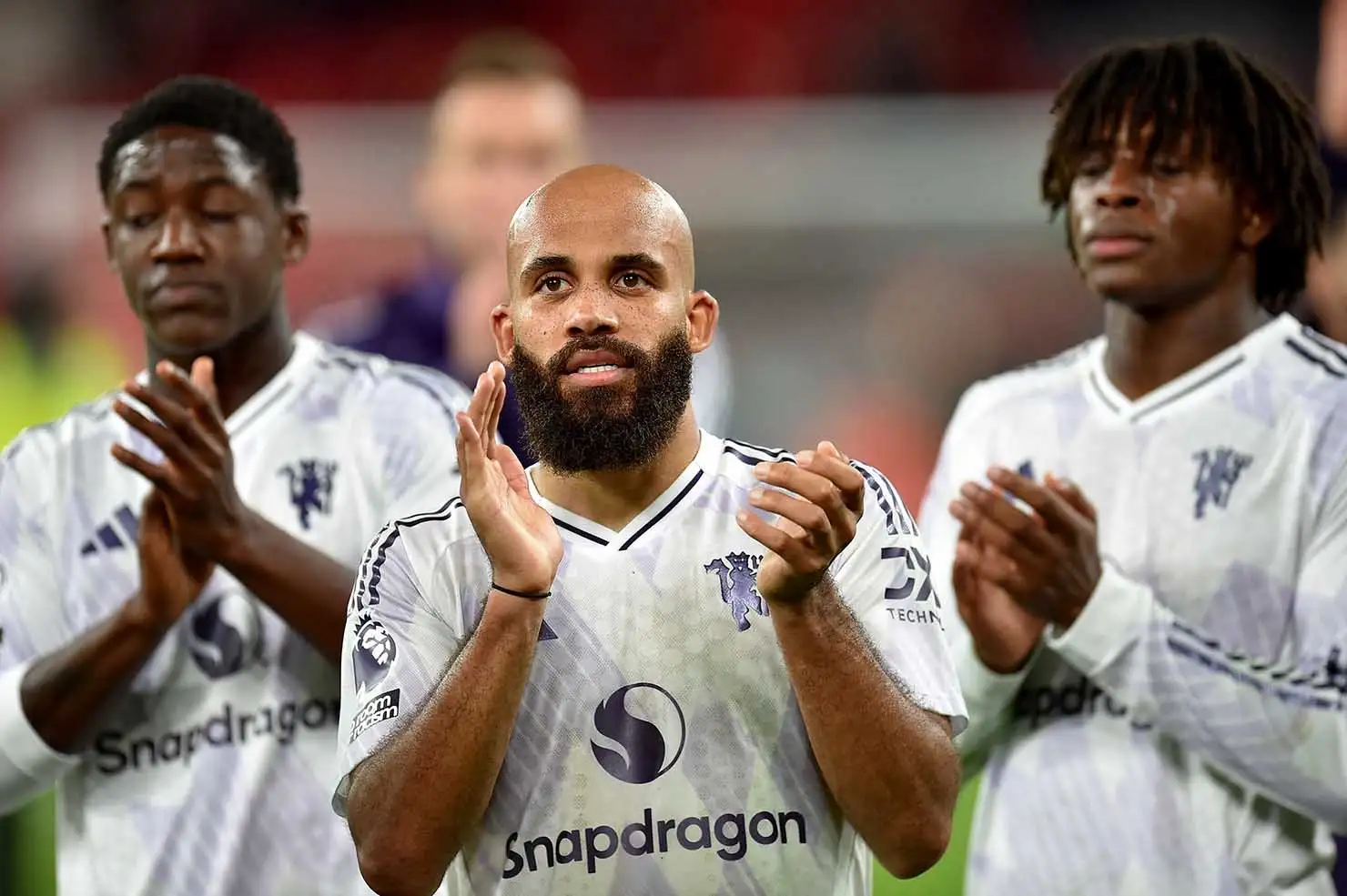
Amorim Faces a Fitness Balancing Act
Head coach Ruben Amorim, who has slowly been winning back fan confidence after a shaky start, now faces an off-pitch challenge: managing his squad’s fitness amid a relentless calendar.
Late-night kickoffs and frequent travel make recovery difficult. Key players like Bruno Fernandes, Marcus Rashford, and Diogo Dalot are at increasing risk of fatigue and injury. Despite their absence from European competition, United remain active in three domestic tournaments — the Premier League, FA Cup, and Carabao Cup — all of which will test the squad’s depth during this congested stretch.
Sports scientists have warned that such fixture density can compromise performance levels, leading to long-term health issues for athletes if not managed carefully.
The Global Broadcast Dilemma
The Premier League’s success has long been tied to its global appeal. Expanding match slots for international viewers, particularly in Asia, has been a cornerstone of that growth. Yet this globalization comes at a cost.
The attempt to please fans in every time zone is pushing English clubs into increasingly irregular schedules. Analysts argue that this commercial model, while lucrative, is unsustainable for player welfare and match quality.
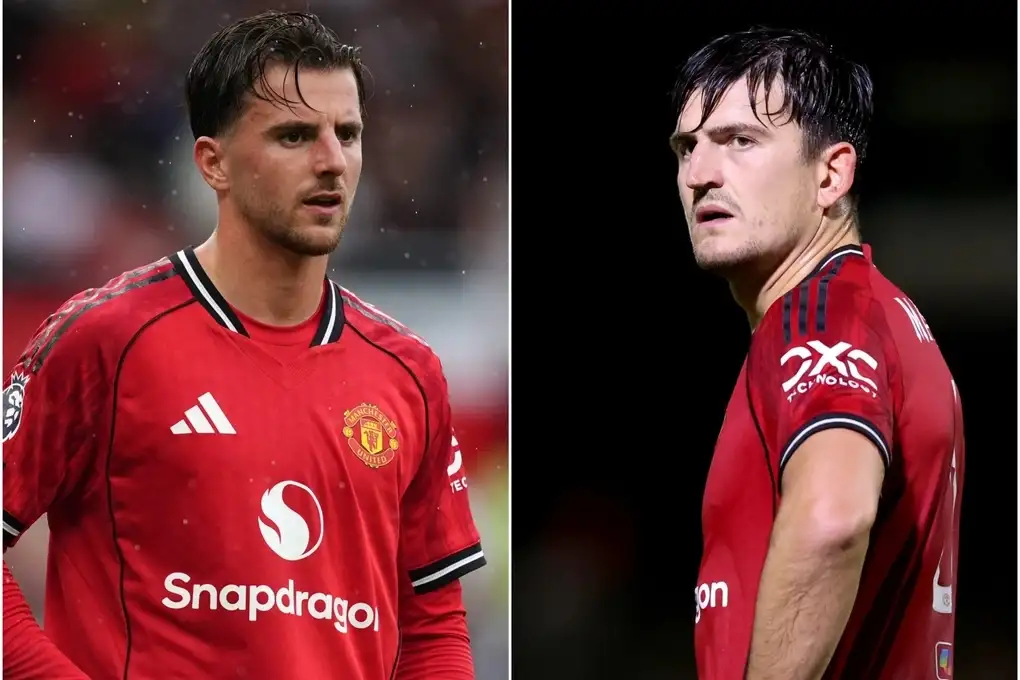
Some communication experts in the UK have suggested that unless reforms are made, clubs could unite to collectively petition the league for fairer scheduling standards — prioritizing sporting integrity over broadcast flexibility.
Man United vs Brighton: The Lone “Normal” Fixture
This weekend’s Man United vs Brighton match at Old Trafford, set for 5:30 p.m. Saturday local time, will be United’s only traditionally-timed game in nearly three months.
However, this brief reprieve will be short-lived. After the Brighton game, Amorim’s men face another grueling run of three consecutive late kickoffs leading up to Christmas. Analysts believe this stretch could be a defining moment in their campaign — if United fail to maintain form, fatigue could derail their top-four ambitions before the new year.
The Brighton clash will therefore be more than a routine fixture; it’s a psychological checkpoint, testing United’s resilience amid an increasingly hostile schedule.
When Commercial Football Tests Its Limits
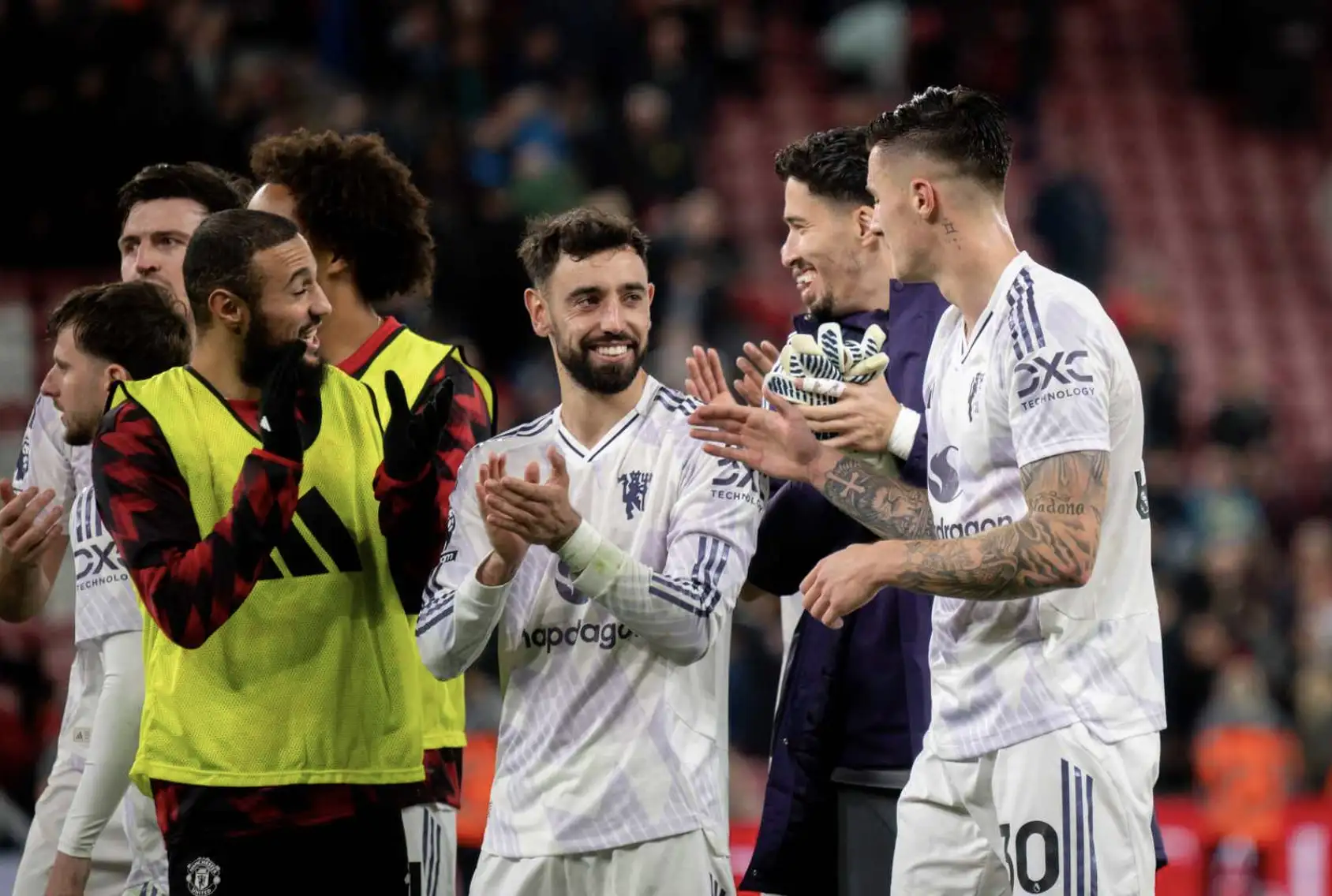
The Manchester United vs Premier League dispute highlights a deeper tension within modern football — the conflict between sport and commerce. While global audiences and billion-pound TV deals have made English football a global powerhouse, they have also eroded some of the traditions that once defined the league’s character and fairness.
For Manchester United, this isn’t just about fixture inconvenience. It’s about preserving balance — ensuring that the game still belongs to the players and fans, not just to broadcasters and advertisers.
Until the Premier League can find a middle ground between business interests and the human realities of the sport, stories like this will continue to emerge — a reminder that even in football’s richest league, fairness is still up for debate.

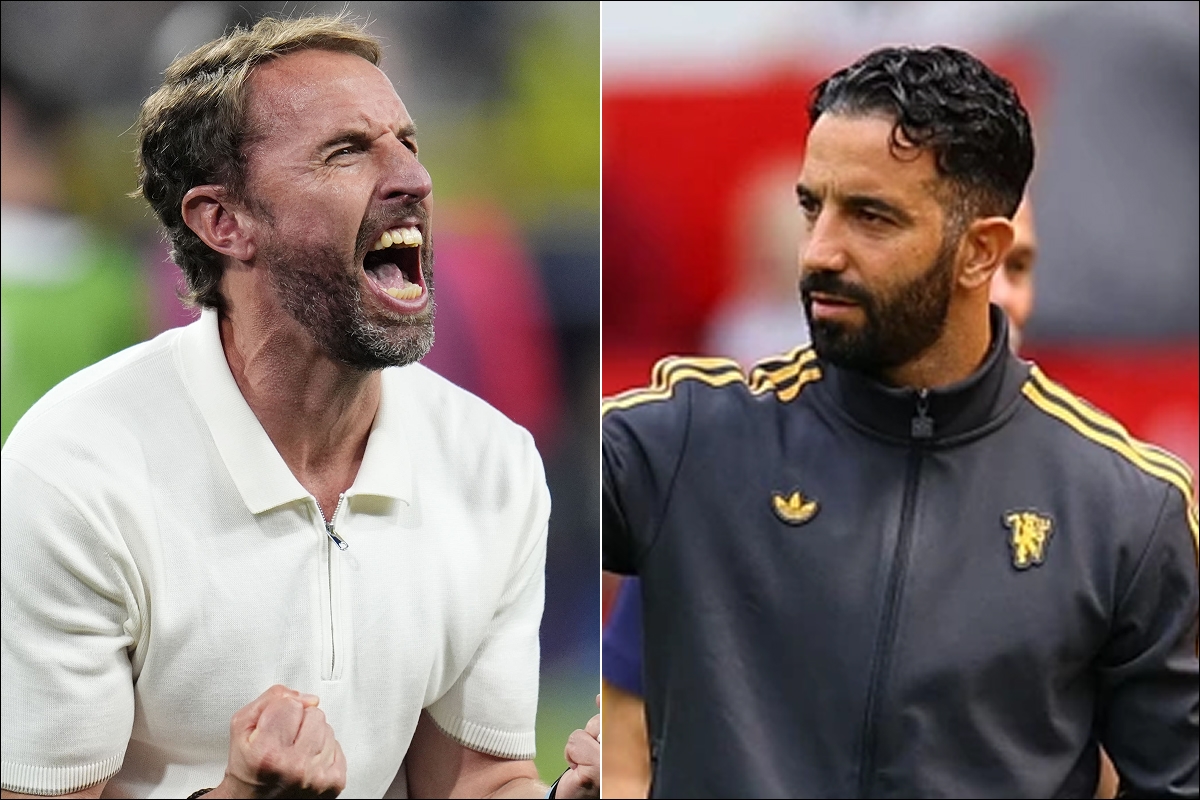

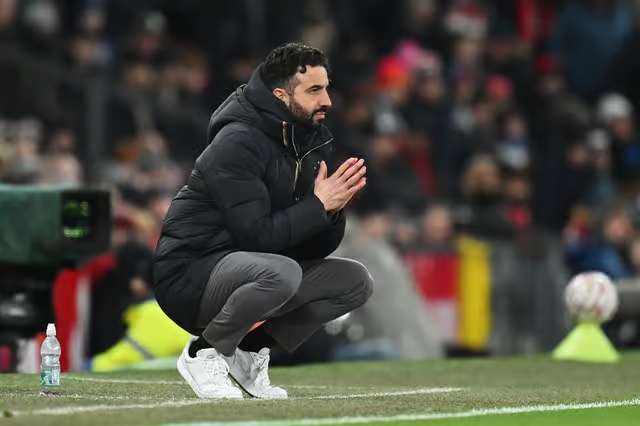
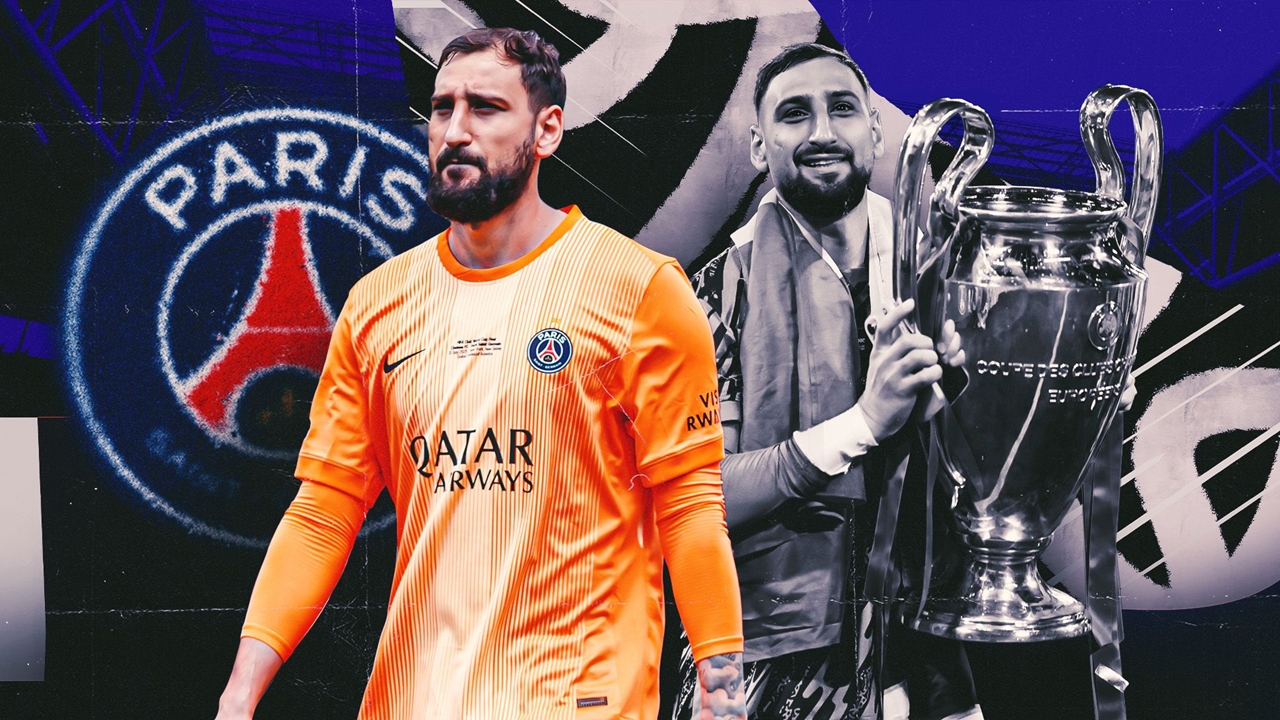
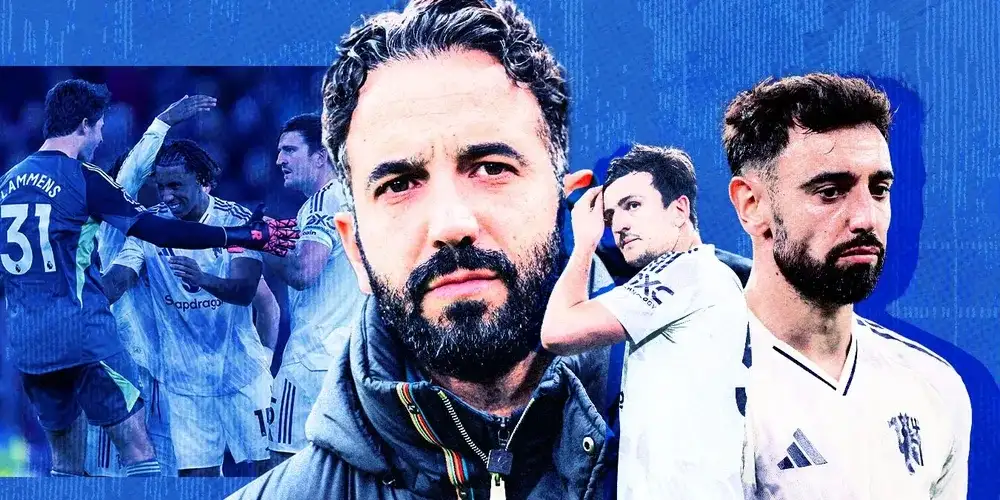
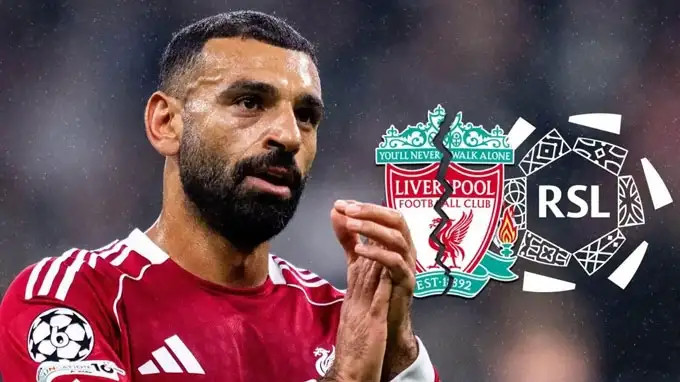
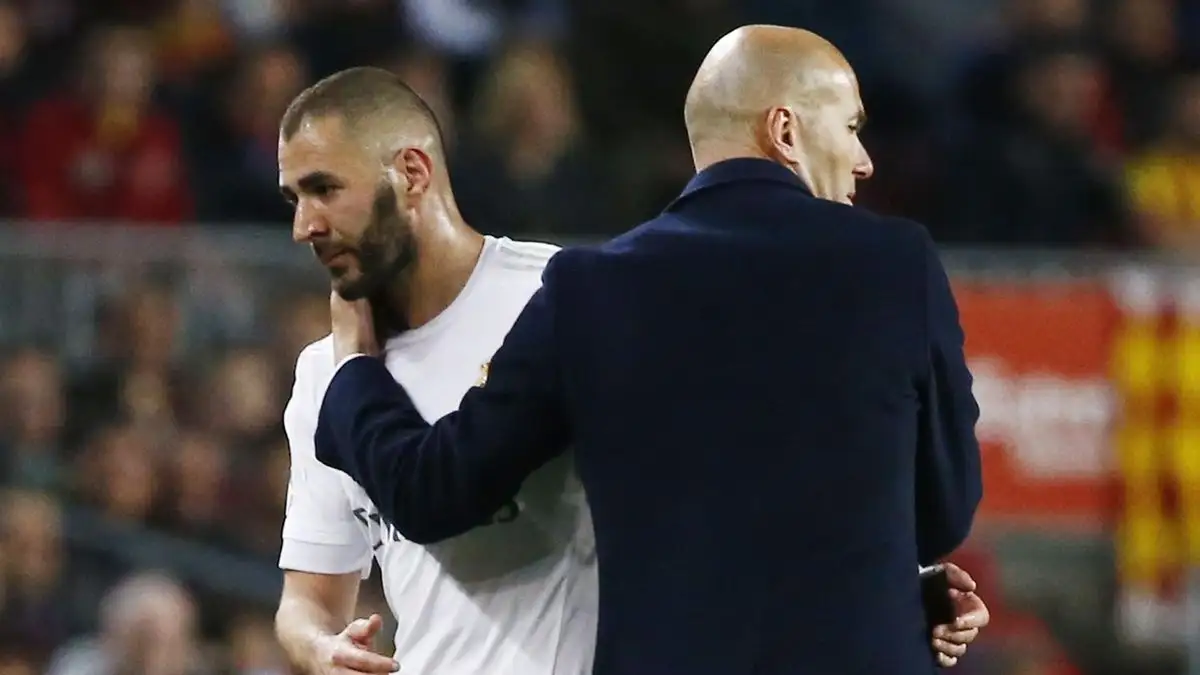
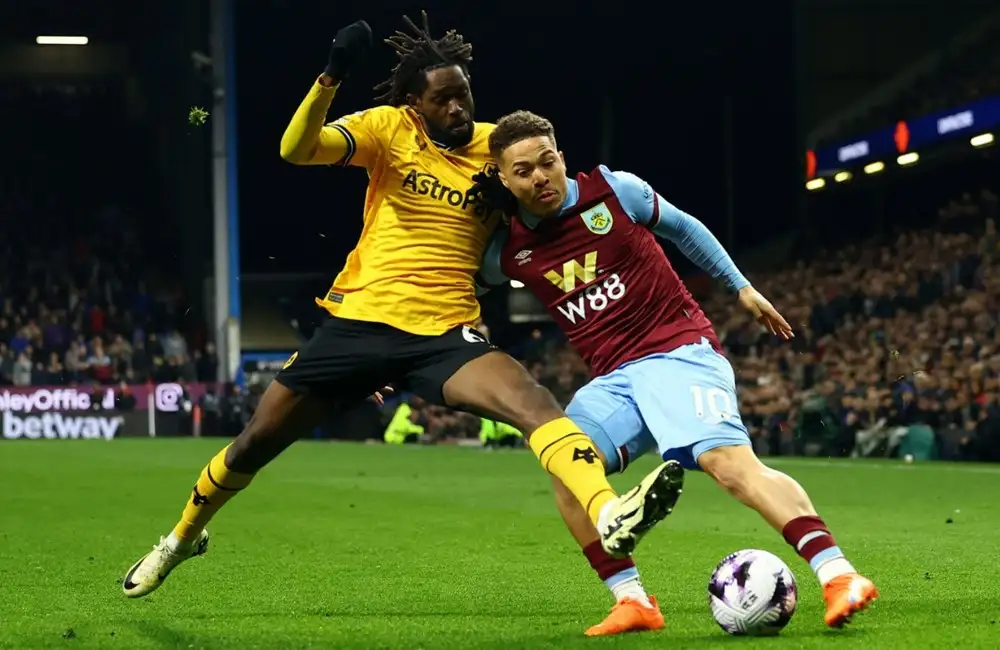


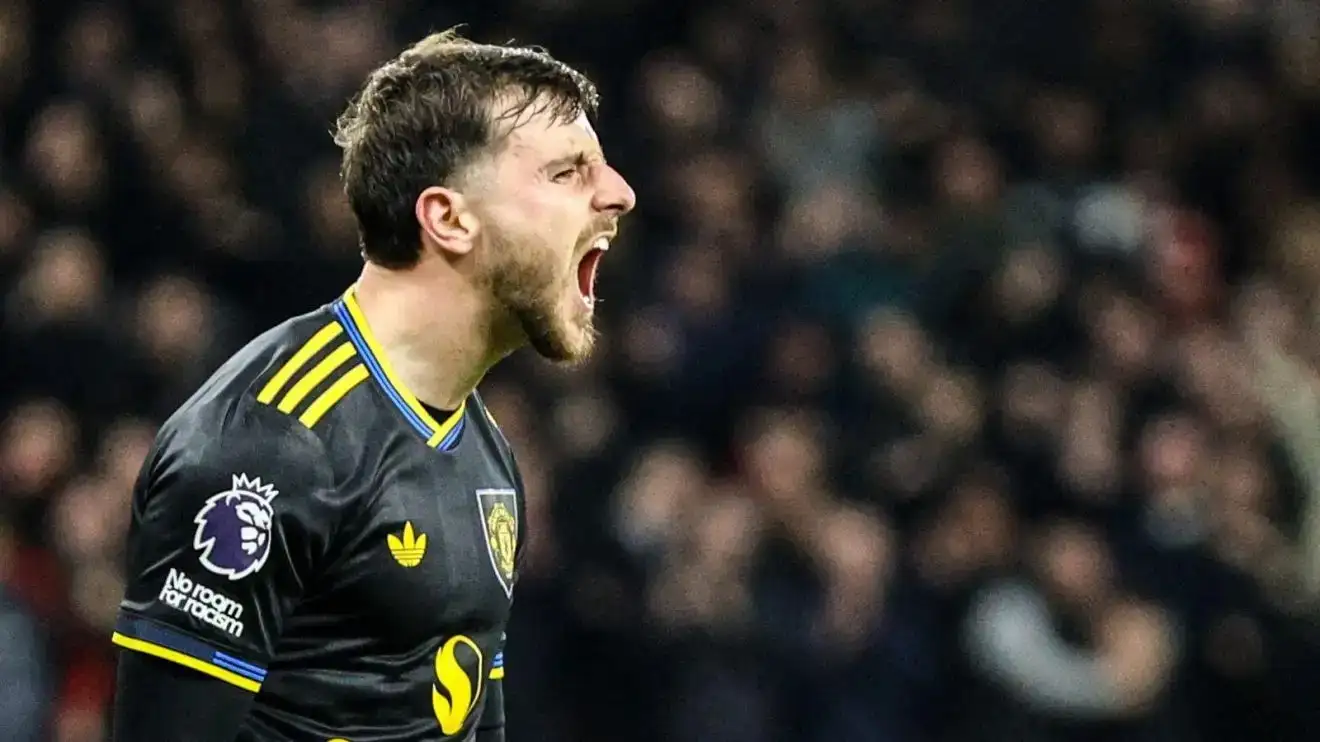
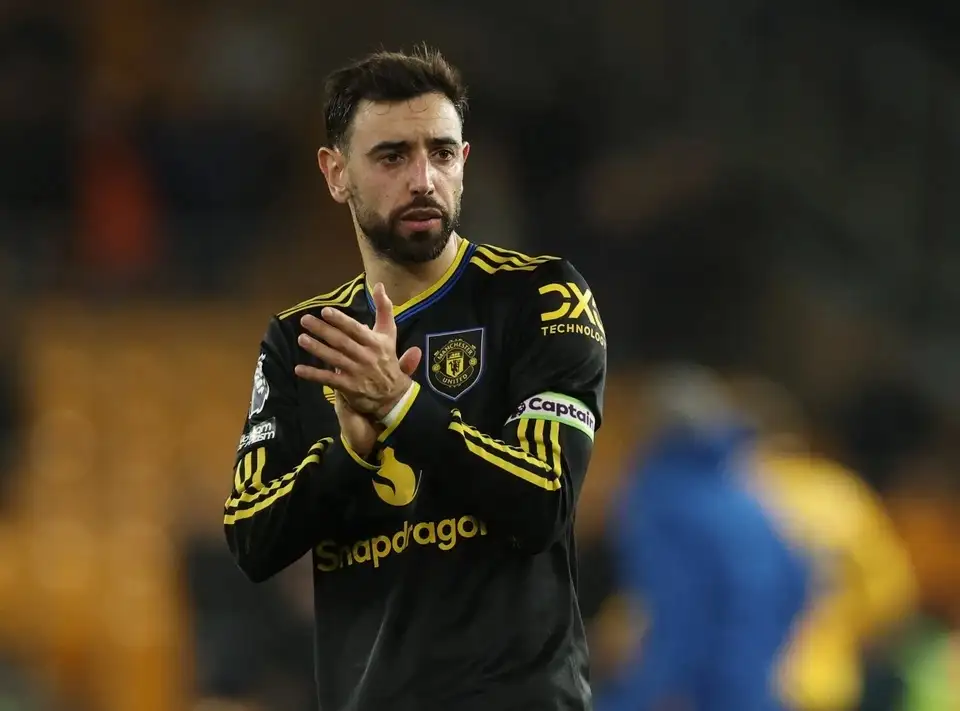

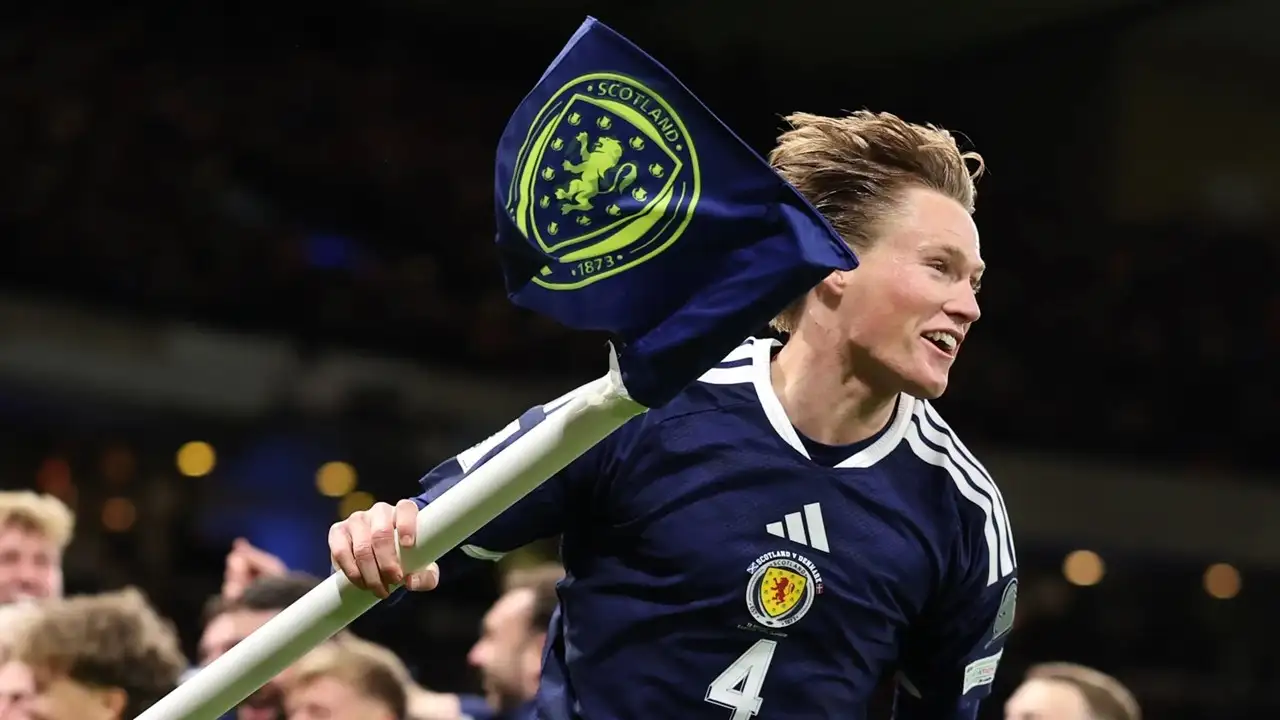
Leave a Reply